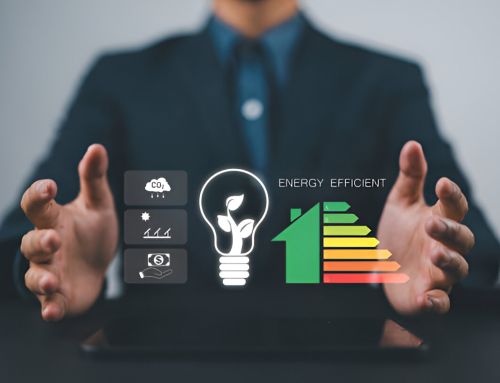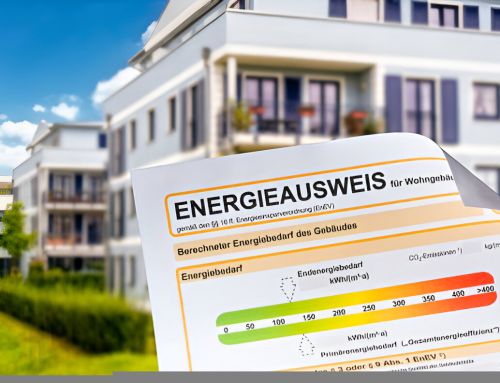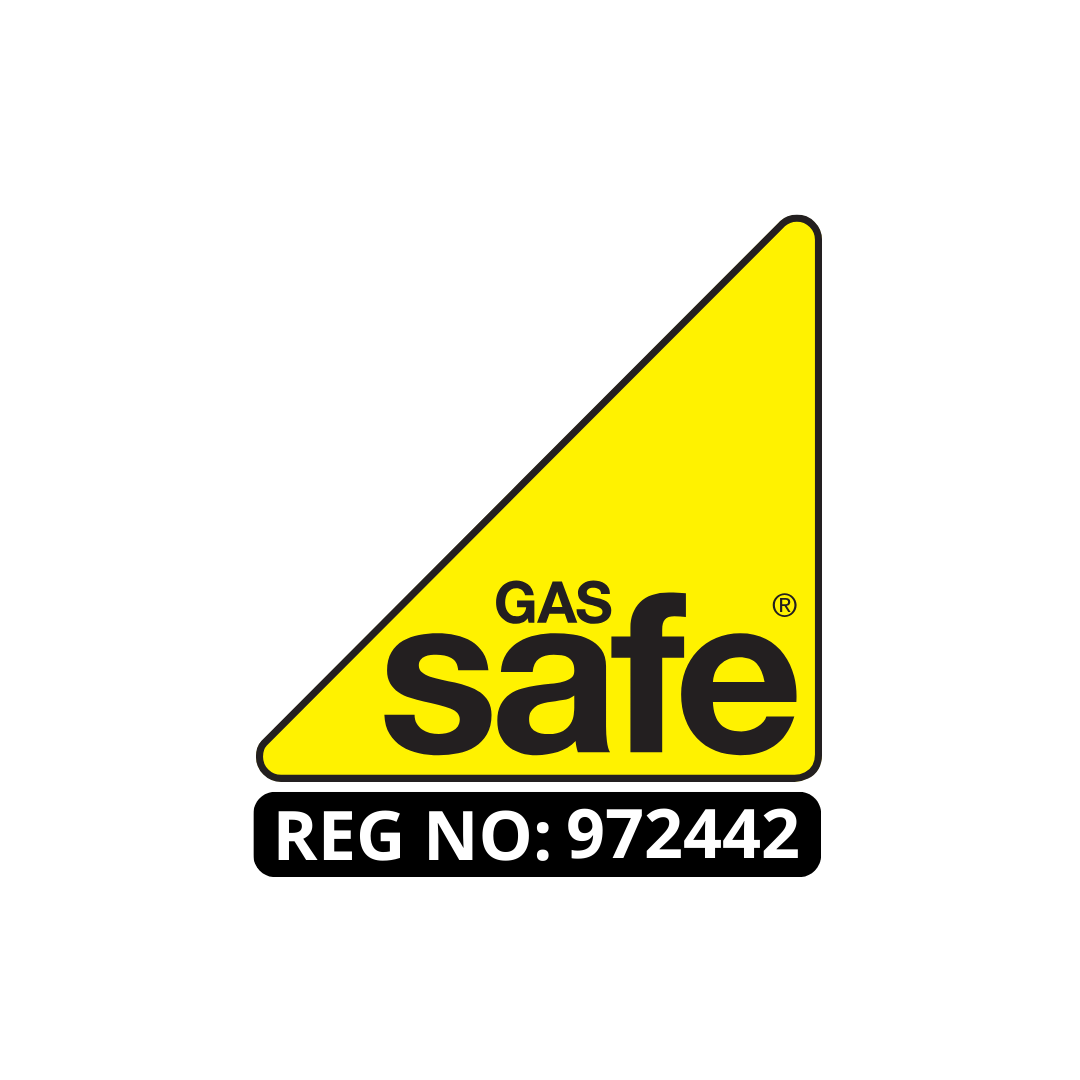
The Energy Performance Certificate (EPC) is vital for homeowners and landlords. Energy Performance Certificate Cost varies based on property size and complexity. Understand the expenses, legal importance, and how energy improvements can lead to savings.
Key Takeaways
- EPC costs for standard residential properties typically range from £60 to £120, depending on size and complexity.
- Studio apartments typically range from £60 to £80, while larger properties can cost up to £120.
- Factors affecting EPC costs include property condition, geographic location, and assessor experience.
- To reduce costs, consider bundling assessments with other energy audits or making DIY energy improvements beforehand.
- Check for available government grants or incentives that can help offset EPC expenses.
What Is an Energy Performance Certificate (EPC)?
An Energy Performance Certificate (EPC) is a document that provides an assessment of a property’s energy efficiency, detailing its environmental impact.
This certificate, required for residential and commercial properties in many jurisdictions, rates energy performance on a scale from A to G, with A representing the highest efficiency. It incorporates factors such as insulation, heating systems, and renewable energy sources.

The EPC also includes recommendations for improving energy efficiency, which can enhance the property’s marketability and reduce utility costs. Recommendations in the EPC can boost marketability and lower utility expenses through improved energy efficiency.
Valid for ten years, the certificate serves as an essential tool for homeowners and landlords, facilitating informed decision-making regarding energy usage and compliance with regulations.
Understanding the EPC’s implications is vital for optimizing property value and sustainability efforts.
Why Do You Need an EPC?
Understanding the necessity of an Energy Performance Certificate (EPC) is essential for property owners and prospective buyers alike, as it not only complies with legal requirements but also provides valuable insights into a property’s energy efficiency.
An EPC serves as an essential tool in evaluating energy consumption and carbon emissions, thereby influencing the property’s marketability. For landlords, possessing a valid EPC is vital for compliance with rental regulations, ensuring that properties meet minimum energy efficiency standards.
Additionally, prospective buyers can utilize the EPC to make informed decisions, potentially leading to cost savings through energy efficiency improvements.
Ultimately, an EPC is not merely a regulatory formality; it is a strategic asset that enhances both property value and sustainability awareness.
Factors Affecting EPC Costs
Several factors influence the cost of obtaining an Energy Performance Certificate (EPC), making it essential for property owners to evaluate these elements before proceeding.
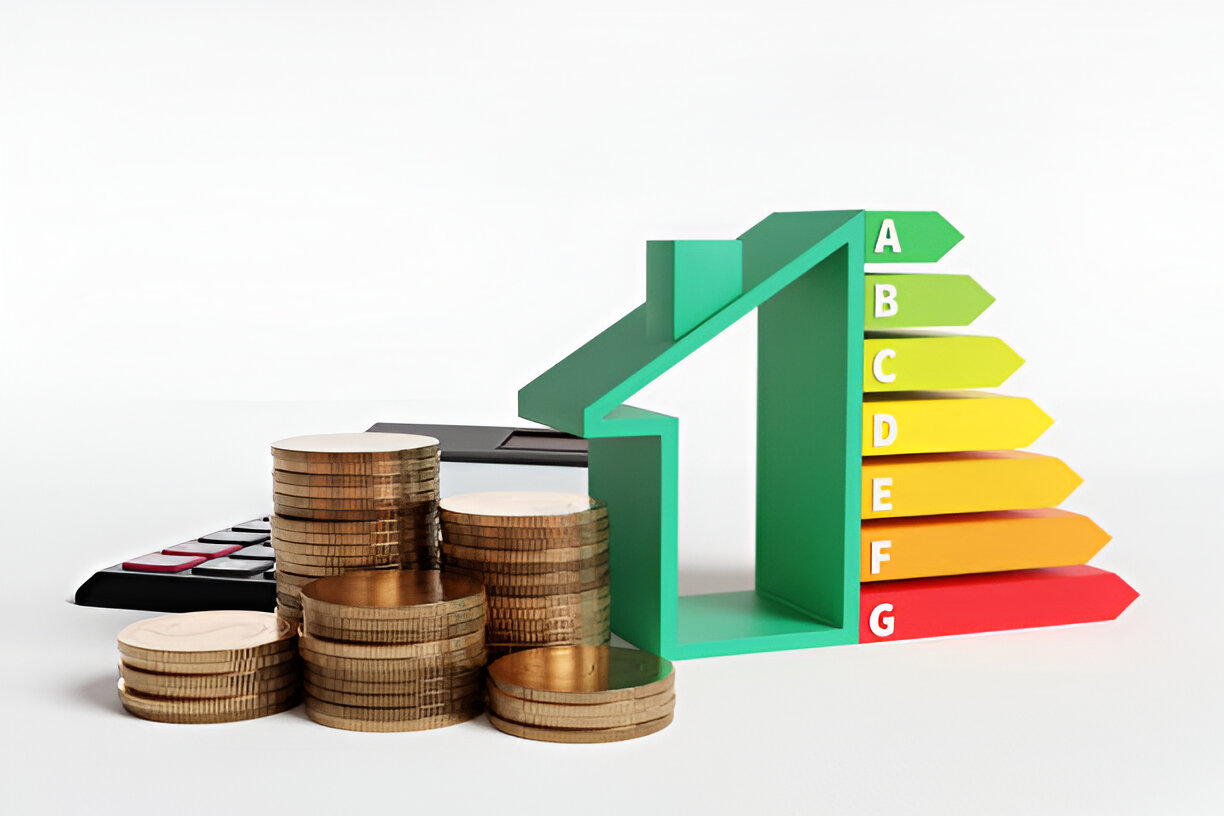
The size and complexity of the property greatly impact pricing; larger or multi-occupancy buildings typically incur higher fees due to the increased time and resources required for assessment.
Geographic location also plays a critical role, as costs can vary by region based on local market conditions and the availability of certified assessors.
Additionally, the condition of the property may necessitate further inspections or remedial work, subsequently raising costs.
Finally, the chosen assessor’s experience and reputation can influence fees, with more established professionals generally commanding higher prices for their expertise.
Average Costs for Obtaining an EPC
The cost of obtaining an Energy Performance Certificate (EPC) typically ranges from £60 to £120 for standard residential properties. Factors influencing these costs include property size, location, and the complexity of the assessment. Below is a table summarizing average costs based on property type and size:
| Property Type | Average Cost (£) |
|———————|——————|
| Studio Apartment | £60 – £80 |
| 1-Bedroom Flat | £70 – £90 |
| 2-Bedroom House | £80 – £100 |
| 3-Bedroom House | £90 – £110 |
| Larger Properties | £100 – £120 |
Homeowners and landlords should consider these costs when planning for their EPC assessments, as accurate pricing guarantees informed budgeting.
Potential Savings From Energy Improvements
While investing in energy improvements may require an upfront cost, the long-term savings on energy bills can be substantial. Homeowners and landlords can realize significant reductions in energy expenditures by implementing measures such as enhanced insulation, energy-efficient windows, and modern heating systems.
These upgrades not only lower utility costs but also increase property value and appeal to environmentally-conscious tenants. Additionally, government incentives and rebates may offset initial expenses, amplifying financial benefits.
Over time, the cumulative savings from reduced energy consumption can surpass the initial investment, yielding a favorable return. Ultimately, strategic energy improvements contribute to financial sustainability while supporting broader environmental goals, making them a prudent choice for informed property owners.
How to Choose the Right EPC Assessor
Selecting an appropriate EPC assessor is essential for ensuring an accurate and reliable Energy Performance Certificate. Homeowners and landlords must consider several key factors when making this choice to guarantee a thorough evaluation of their property’s energy performance.
- Qualifications and Accreditation: Verify that the assessor holds relevant qualifications and is accredited by an authorized body, ensuring adherence to industry standards.
- Experience and Expertise: Assess the assessor’s experience in conducting EPC assessments for properties similar to yours, as this can considerably influence the quality of the report.
- Reputation and Reviews: Research client testimonials and reviews to gauge the assessor’s reliability and professionalism, which can provide insights into their service quality and accuracy.
Tips for Reducing EPC Costs
Reducing the costs associated with obtaining an Energy Performance Certificate (EPC) can be achieved through several practical strategies.
Homeowners and landlords should consider bundling their EPC assessments with other energy audits or inspections, which can often lead to discounted rates.
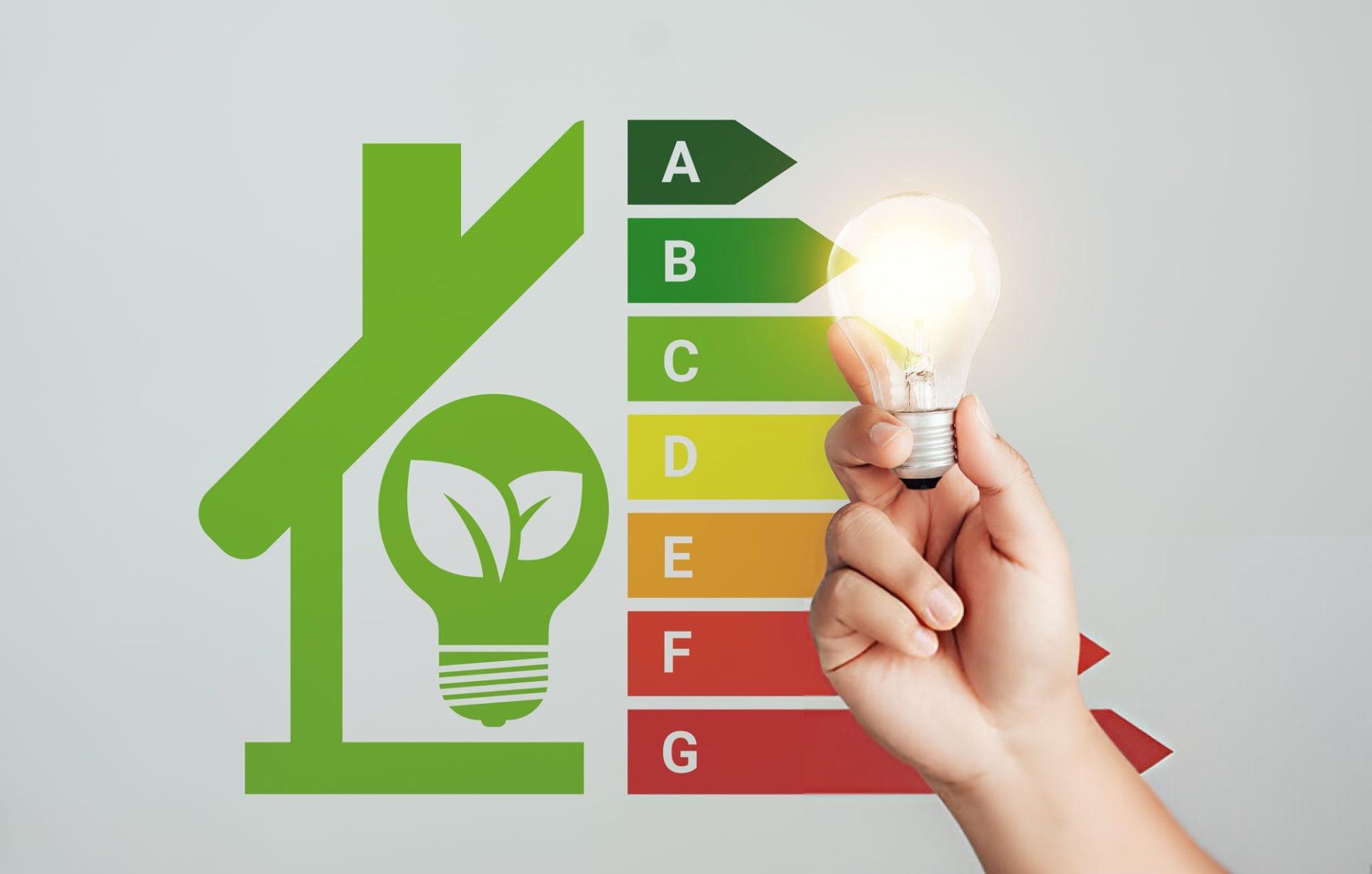
Additionally, conducting preliminary energy efficiency improvements before the assessment, such as sealing drafts or upgrading insulation, can enhance the property’s rating, potentially lowering future costs.
It is also prudent to compare multiple EPC assessors to identify competitive pricing while ensuring quality.
Engaging in DIY energy-saving practices before the assessment can provide significant benefits.
Finally, being aware of any available government grants or incentives can further mitigate expenses related to the EPC process, ultimately enhancing financial efficiency.
Frequently Asked Questions
How Long Is an Energy Performance Certificate Valid?
The validity of an energy performance certificate typically spans ten years. After this period, a new assessment is required to guarantee compliance with current energy efficiency standards and regulations, reflecting any changes in property condition or performance.
Can I Obtain an EPC for a New Build Property?
A new build property can obtain an Energy Performance Certificate (EPC) upon completion. The certificate assesses energy efficiency, provided by a qualified assessor, ensuring compliance with regulatory standards and aiding in property valuation and sustainability efforts.
Is It Possible to Get an EPC Online?
Obtaining an Energy Performance Certificate online is indeed feasible. Various authorized websites facilitate the process, allowing individuals to access necessary information and complete applications efficiently, thereby streamlining the procedure for acquiring essential energy assessments.
About the Author: LandlordCertificate
Related Posts
Get Social
Recent Posts
- Portable Appliance Test London: Expert PAT Testing for All Industries
- EICR London Keeping London Properties Electrically Safe and Compliant!
- Fire Safety Certificate London for Commercial and Residential Buildings
- Fire Safety Planning and fire risk assessment London for Building Safety
- Top Reasons to Invest in Fire Alarm Installation London for Safety and Compliance


